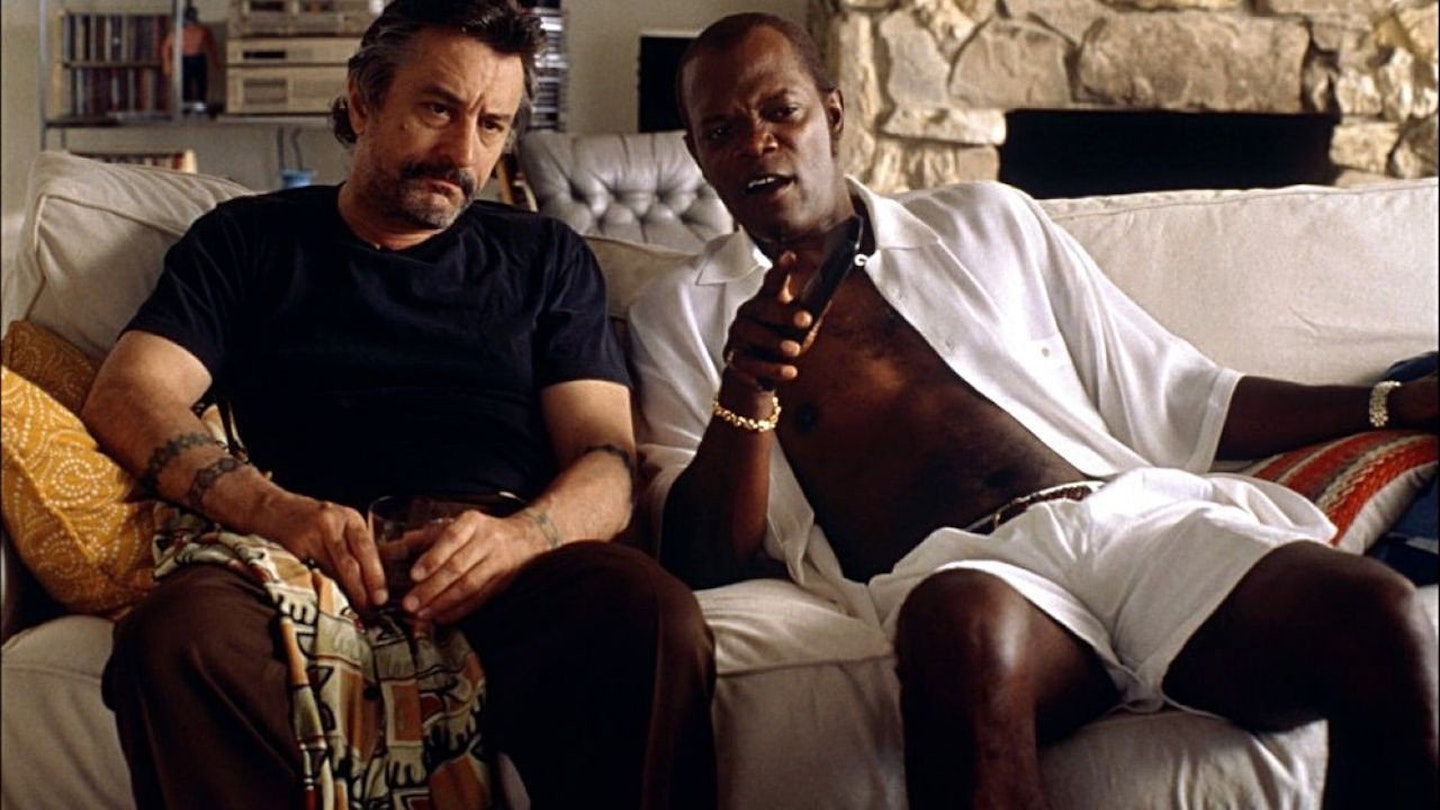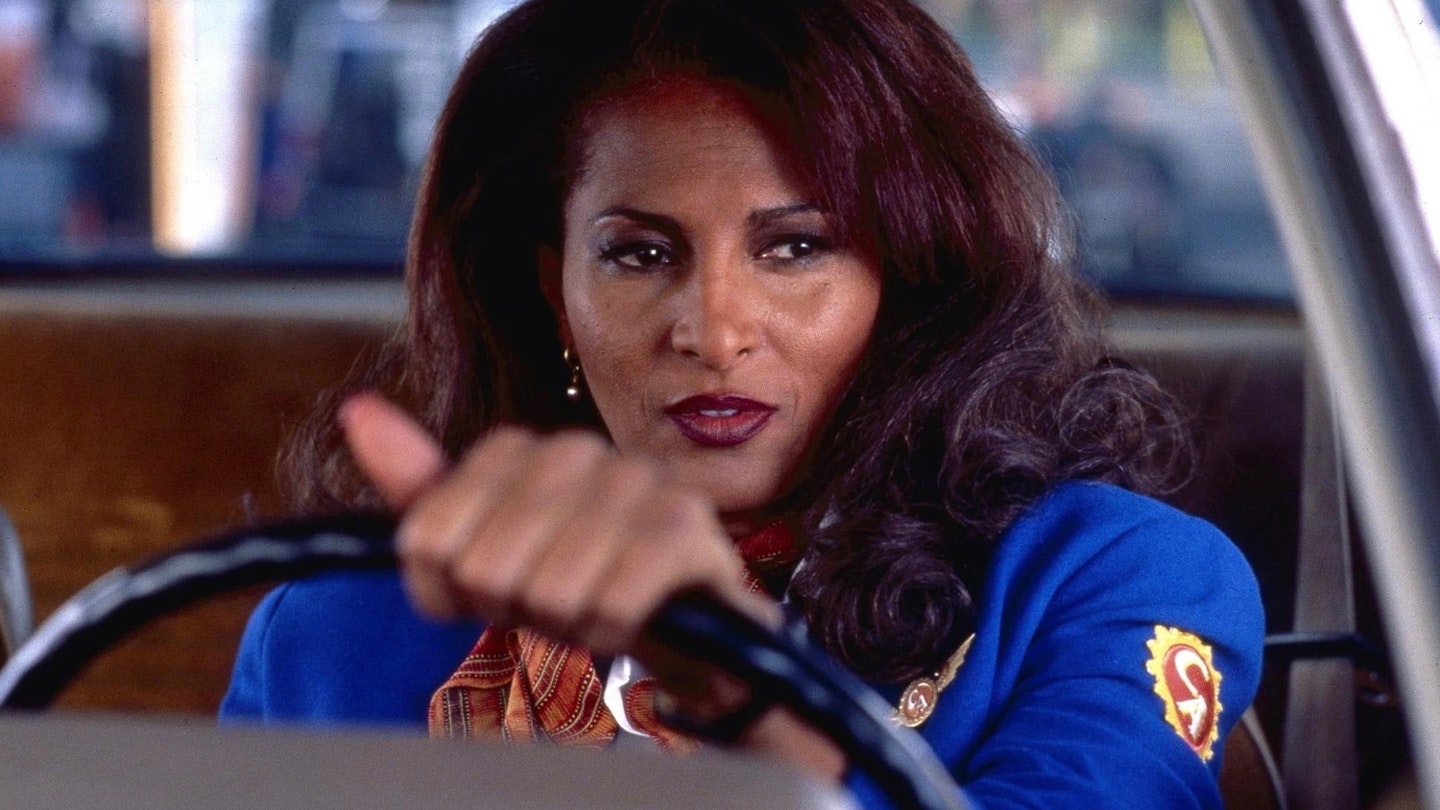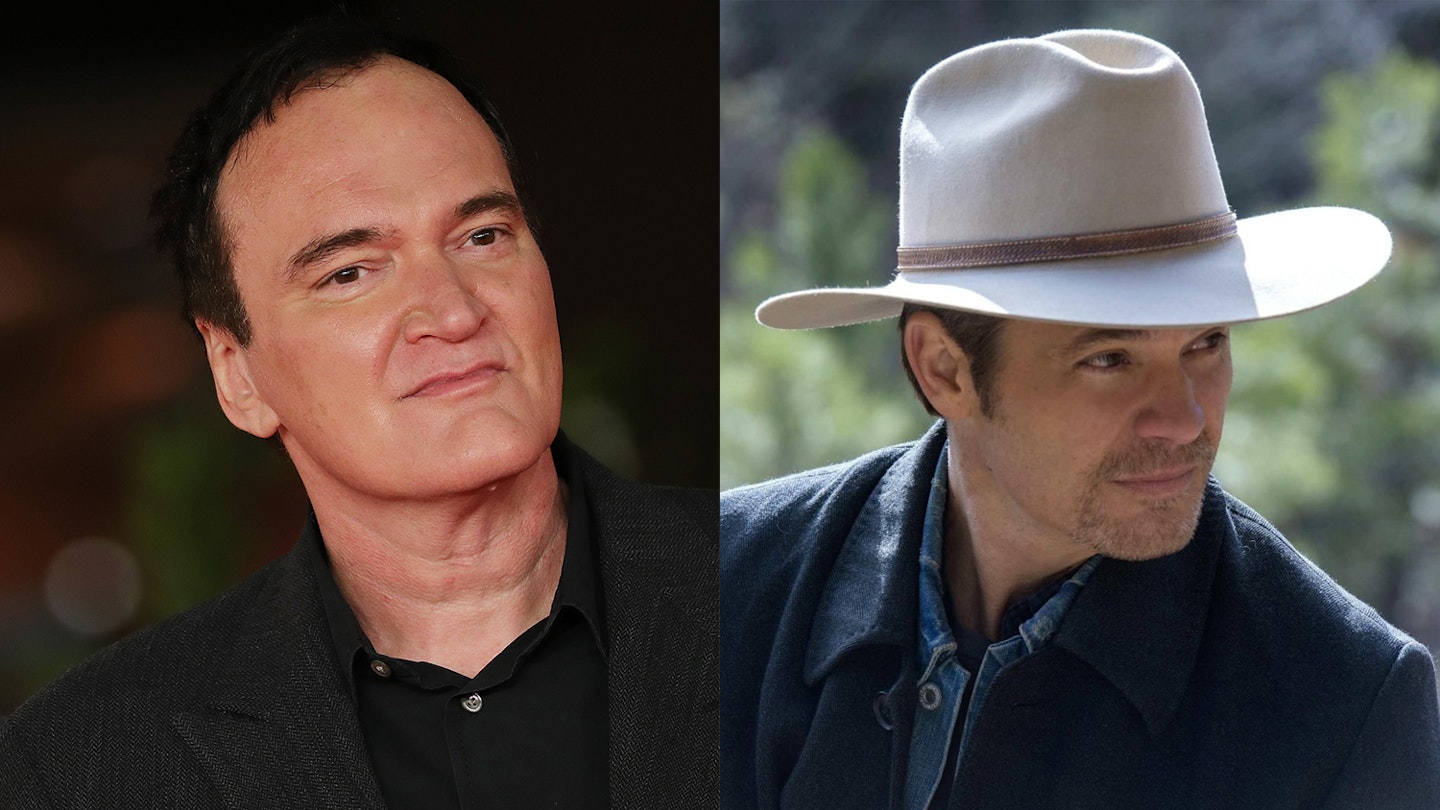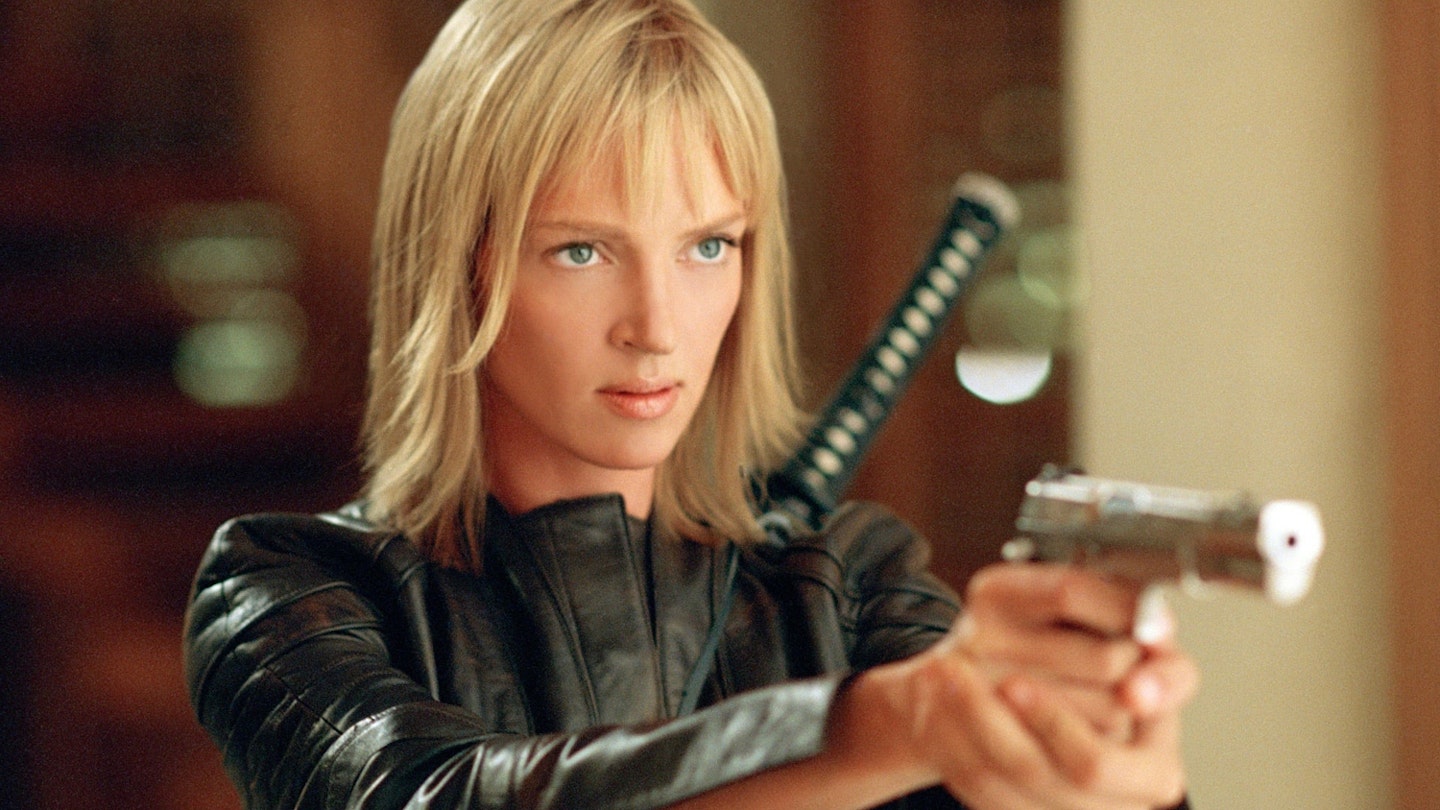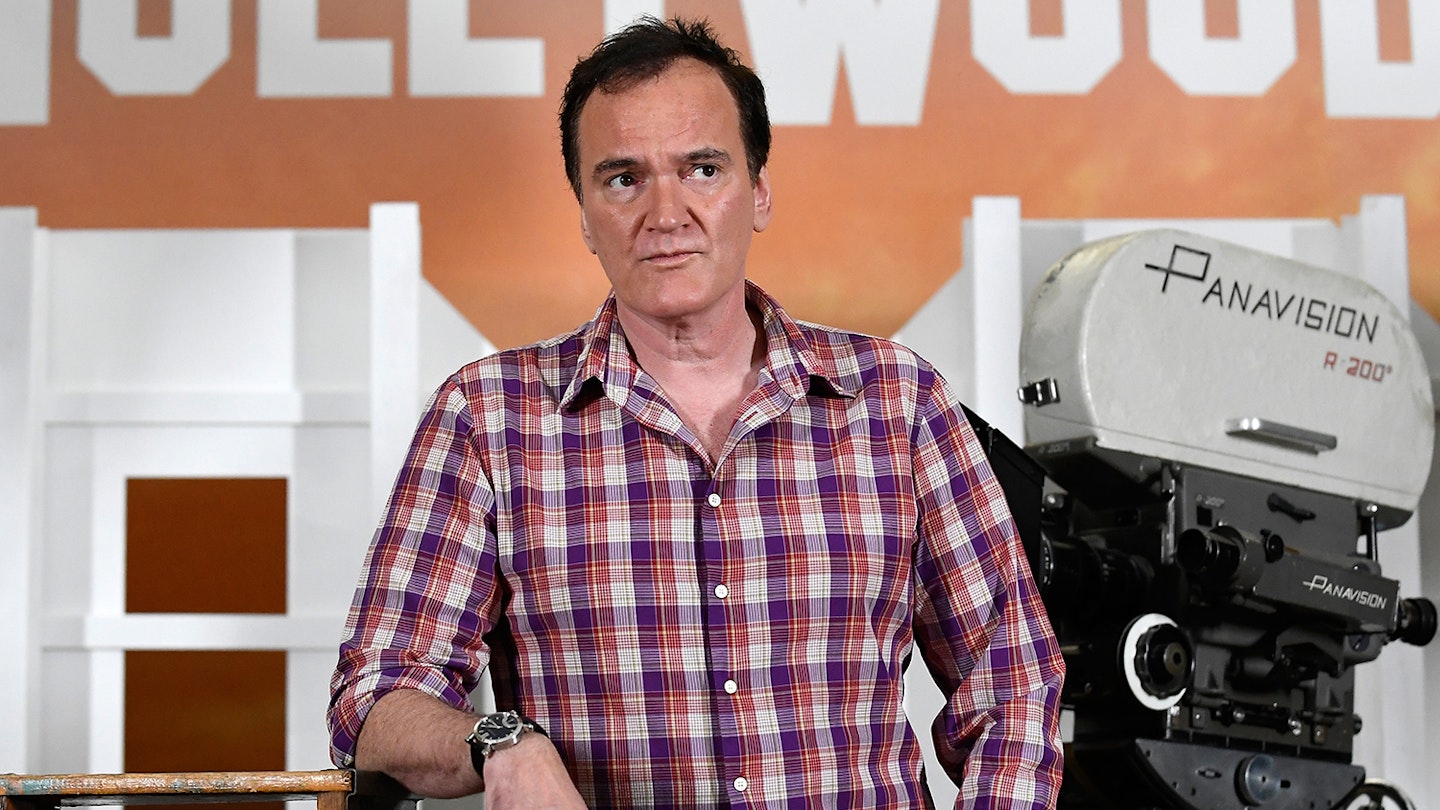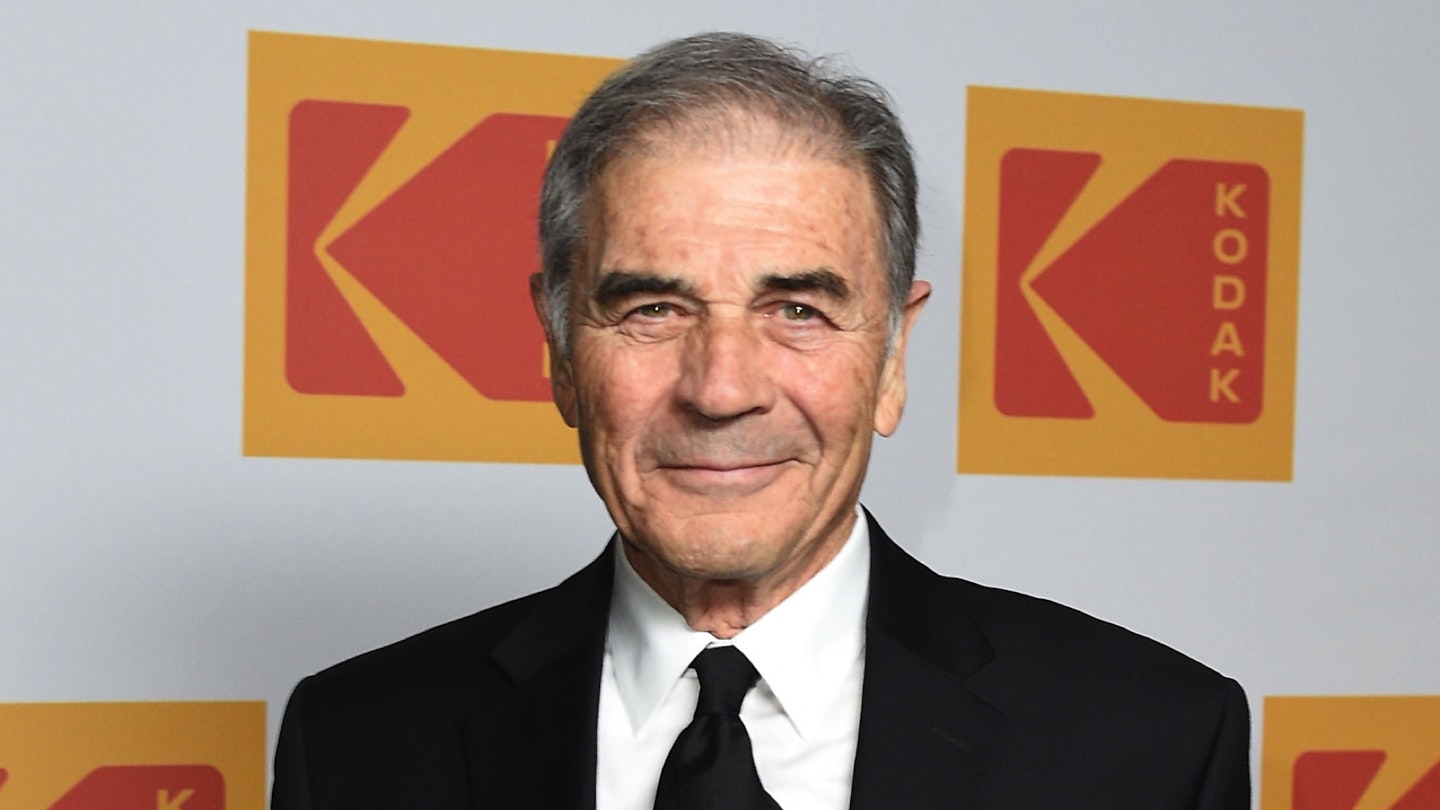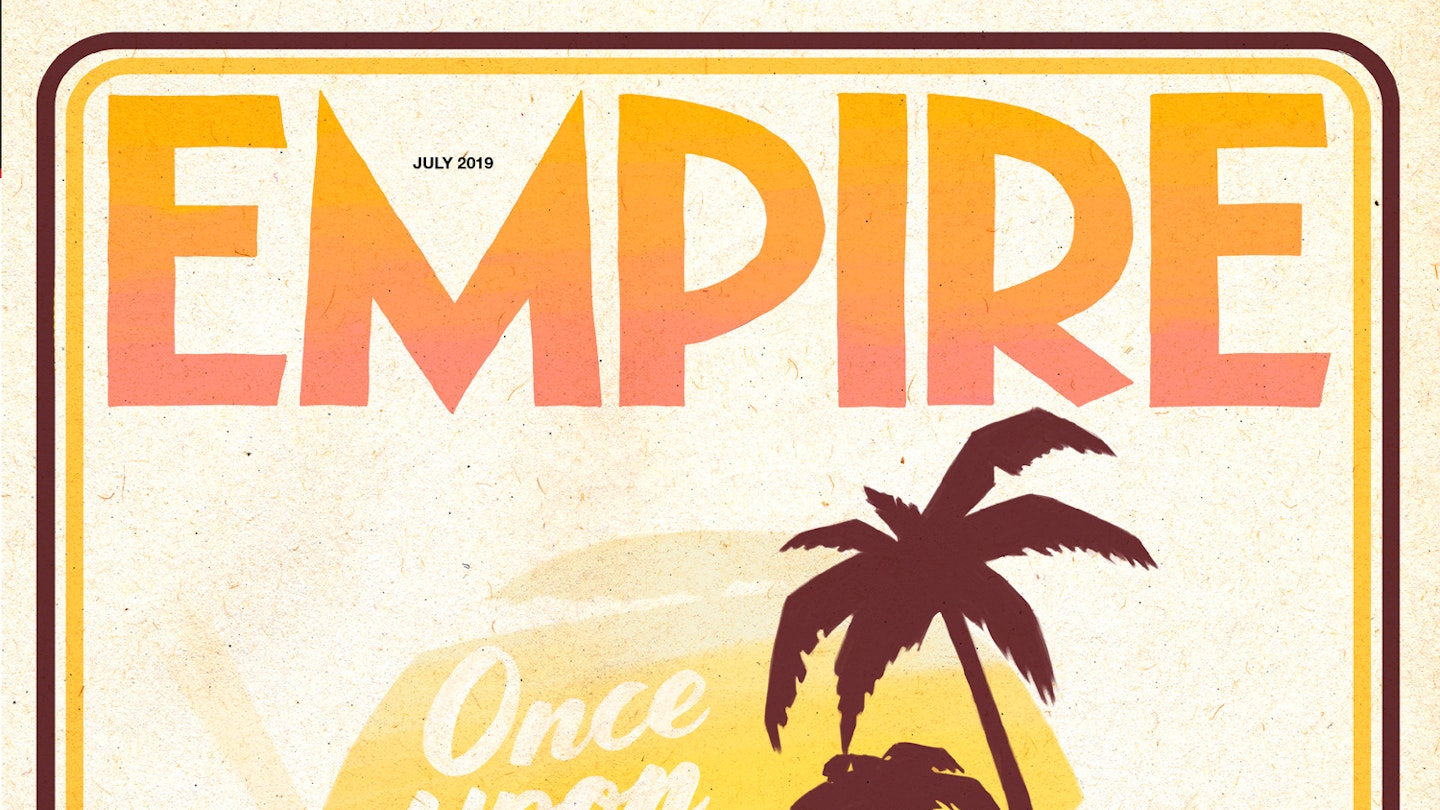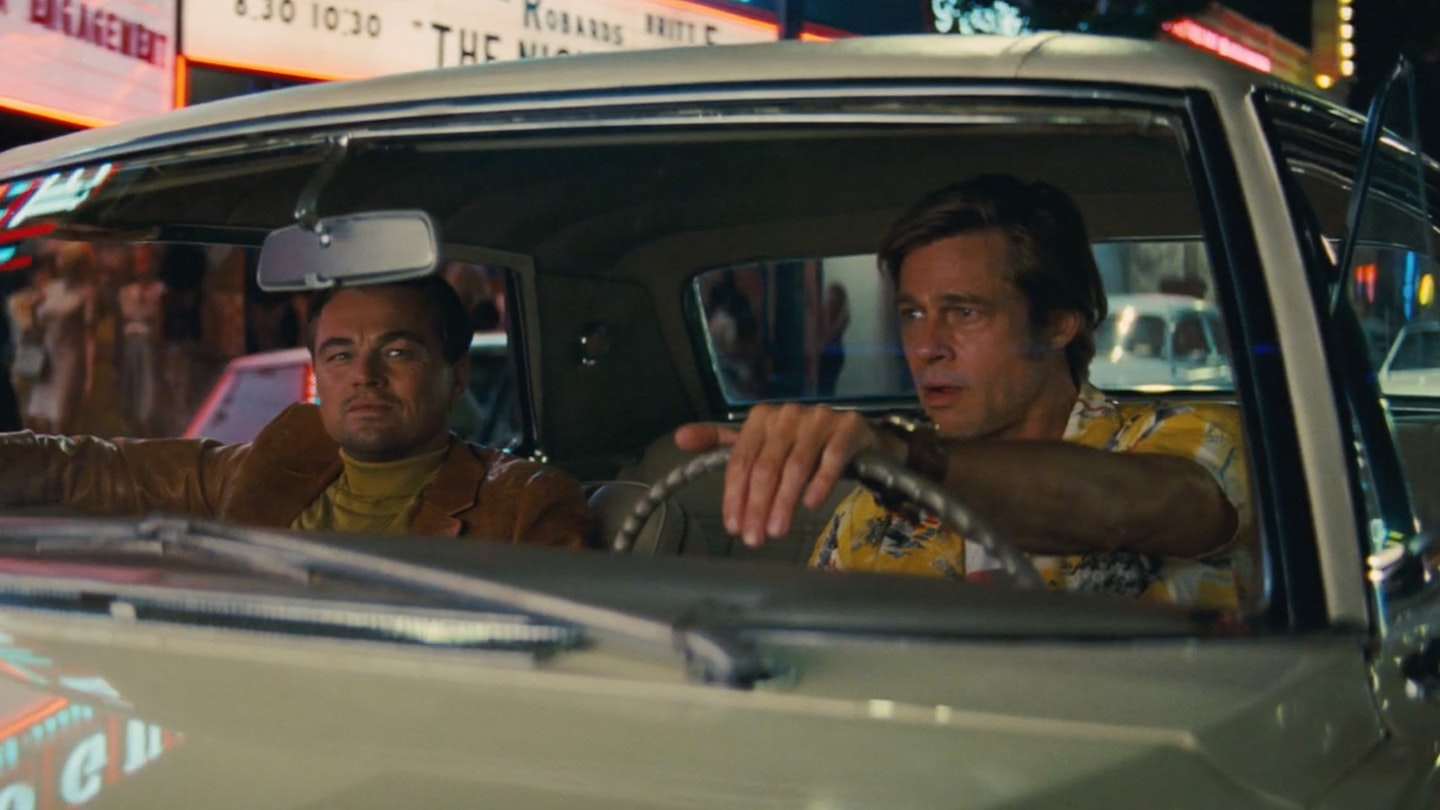It is, as any cineaste worth his nachos knows, second films that are meant to be the tricky ones. With Reservoir Dogs Tarantino gave the '90s movie world its blistering wake-up call. With Pulp Fiction he effortlessly refuted the naysayers who dismissed his decade defining debut as a flash in the pan. Tarantino became the hottest directorial property in Hollywood. And then came a couple of wilderness years. Underwhelming attempts at acting (Destiny Turns On The Radio, Desperado) were followed by his quarter of Four Rooms, directing a script which looked like it had been written by someone else, but wasn't. The naysayers got a second shot and Tarantino had to prove himself to the movie world all over again.
With Jackie Brown he does exactly that, refusing merely to re-rehearse the hip irony of his first two movies and delivering a much more thoughtful, generally less frantic, adaptation of the pulpish Elmore Leonard novel Rum Punch.
Tarantino's masterstroke has been to anticipate the backlash that could have greeted his third feature. Eschewing many of his "trademarks", he doggedly gets down to the business of storytelling. Sure, there are flashes of the young buck who shook modern filmmaking to its foundations - a split screen sequence, a magnificent crane shot as Ordell nixes his first victim and, in one sequence, the same scene played from the perspectives of three different characters - but for the most part he sticks to the kind of linear, solid filmmaking we haven't seen from him before and draws out uniformly powerful performances from his ensemble cast. De Niro and Bridget Fonda are spectacularly clueless as the constantly dope toking henchpersons, Jackson, though skirting a little close to a reprise of Pulp's Jules, is still scarily effective as the gun smuggler.
But, just as he did with John Travolta, Tarantino has spectacular success with the lesser names, reminding audiences of just how many good actors find themselves unjustly consigned to the Where Are They Now? file. Grier is outstanding as the titular minor leaguer about to move into the big time, delivering an utterly convincing portrait of a woman who finds strength through desperation; while Forster gives a truly original turn as a bail bondsman who becomes first smitten and then involved.
In fact, the only slight problem with Jackie Brown is that Tarantino may just have swung a little too far from his earlier style for his fans' tastes. Without the set piece blood baths or pop culture drenched dialogues, the movie teeters on the edge of tedium occasionally, a flaw not helped by its running time.
